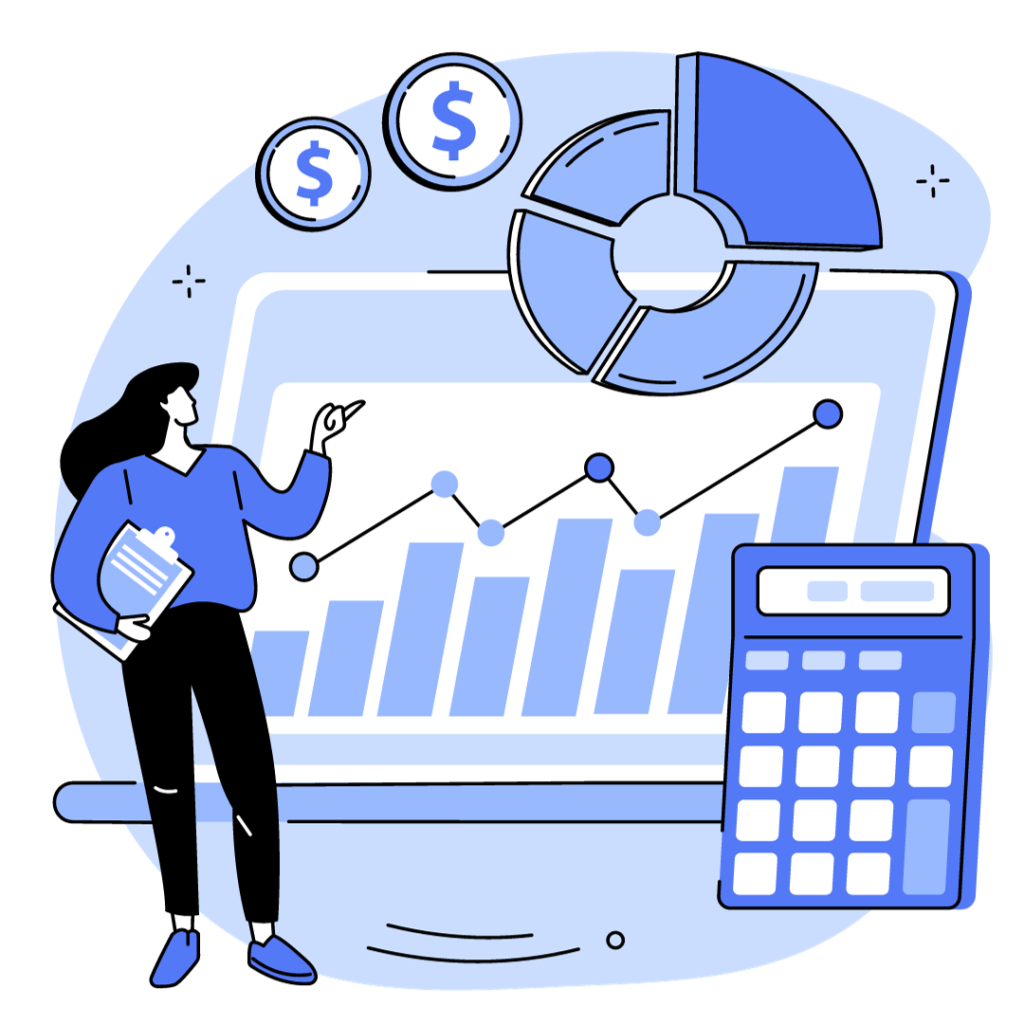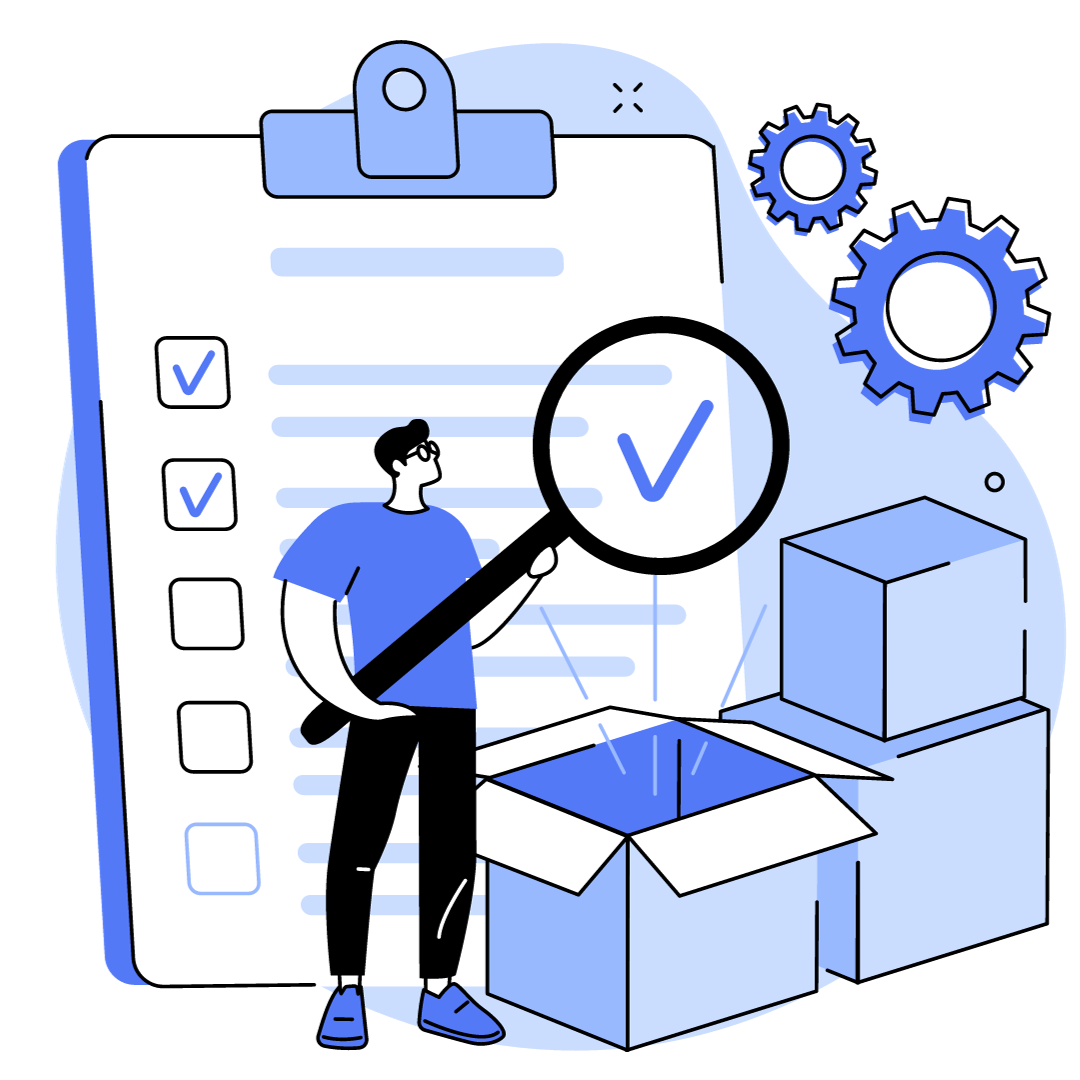Why ERP?
In the world of business today, being able to effectively manage your resources, data, and operations is essential for achieving success.
That’s where ERP (Enterprise Resource Planning) software steps in to fill all those roles. In this guide, we will be going into the world of ERP software and exploring its purpose and the benefits it brings to businesses.
By the time you’ve finished reading this blog post, you will not only understand what ERP software is but also have the knowledge and confidence needed to make a well-informed decision that can steer your business toward higher efficiency and greater profitability.
What is the purpose of ERP Software?
ERP (Enterprise Resource Planning) software is a tool that helps businesses efficiently handle everyday tasks like accounting, procurement, project management, risk management, compliance, and supply chain operations. It’s like the all-in-one solution for managing multiple parts of a business.
Imagine ERP as the place that brings different parts of a business together into one place. It ensures that data flows smoothly between these parts, preventing duplication and ensuring all information maintains its integrity and accuracy.
Today, thousands of businesses, regardless of their size or industry, rely on ERP systems to keep their operations running smoothly. To these companies, ERP is as essential as the electricity that powers their operations.

Key Features of ERP Software
HR Management:
Asset Management:
Finance and Accounting:
Analytics and Reporting:
Inventory Management:
Procurement:
Conclusion
In summary, ERP software is a valuable tool for businesses, helping them manage various tasks efficiently. It acts as a central area for data, making operations smoother and more cost-effective. ERP offers several advantages, like better data visibility, increased productivity, and cost savings. Choosing the right ERP system is crucial, involving a thorough evaluation of your needs and careful consideration of factors like compatibility and cost. A well-chosen ERP system can boost your business efficiency and potential, while the wrong one can lead to inefficiencies and problems. Therefore, making a smart choice in ERP software is important for having a successful business in this modern era.











